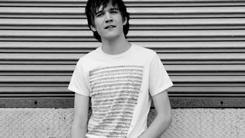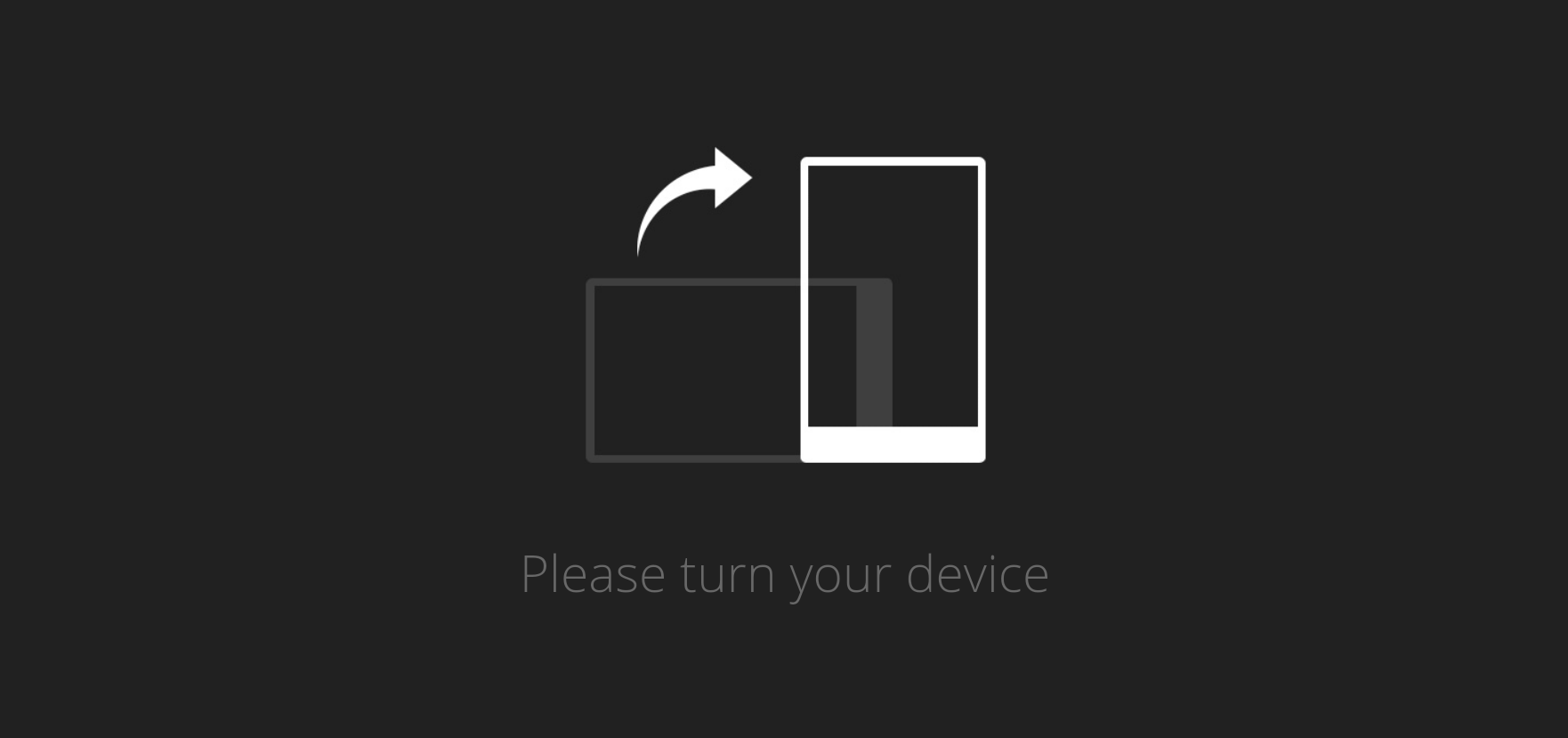
Bo Burnham’s ‘Make Happy’ Netflix Special Goes From Zero To One Hundred Real Quick
We are no stranger toward those who now make a living through us watching them do just that: the Kardashians have built an empire on the self-assured belief that we would want to watch them shop for kale and fight over BlackBerry loudspeaker.
However, it is almost sacrilegious to mention the royal family of reality in the same breath as YouTube graduate and global phenom Bo Burnham. His latest Netflix special takes everything that you thought you knew, rips it all up, throws it at you, and saunters out the door – leaving you to pick it back up and rearrange it.
Things won’t look the same again.
Bo Burnham is a YouTube success story, overcoming animosity from comics who ‘went through all the steps‘. In contrast from emerging from the world of stand-up, his unconventional method of success comes from drawing a crowd through clever musical-comedy-parodies, sitting on the other side of a screen.
By taking advantage of the rise of the internet, he carved a name for himself, touring as a teen and becoming the youngest person to land a Comedy Central deal. He created an album, an MTV show, a persona. In Make Happy (now on Netflix) he deconstructs himself in a hysterical, brilliantly self-conscious, sometimes unsettling routine.

As with his previous 2013 show ‘what.’, Bo Burnham’s presence is meticulously choreographed. His gestures and words are all linked to light displays and sound bites that add a complex layer to the performance. It’s as though there is someone above it, reading his mind and acting upon his every impulse.
Of course, that someone is him. The level of control that this 25 year-old writer, performer and executive producer has echoes his sentiments that celebrities are too contrived and ‘pandering’ to their audience’s whims. Instead, Burnham creates something that speaks honestly and directly about issues that affect everyone as a cohesive whole. ‘Country Song‘ and the abruptly-named ‘Kill Yourself‘ push home how modern celebrity is a veneer behind which the powerful, the privileged and the plutocratic seek refuge.
Bo Burnham savagely addresses society’s ills in well-written and musically-rich pieces such as ‘Straight White Male,’ which contains the cracker line “We used to have all the money and land/We still do, but it’s not as fun now.”
Through an incredible light-assisted and sonorific break-up song ‘Bitch, Eat A Dick,’ he parodies the ‘maturity’ of an adult relationship, but it’s what he says when the lights come up that really shows the man behind the music, the jokes, the lights, and the minute planning.
This is the guy who has grown up at a microphone, working to produce songs such as ‘From God’s Perspective’ (“The books you think I wrote are way too thick/Who needs a thousand metaphors to figure out that you shouldn’t be a dick?”). He introduced himself to the watching world as “Yo, my name is Bo, fo sho, a born Bostonian/Aryan librarian at the wordsmith-sonian.” He means biz-ness.

The house lights come up, he sits on the stage. Burnham’s following is young, and were born into an age where the internet was not yet relevant, but became so in what felt like a matter of minutes.
He puts aside the jokes to focus on this very idea, that we all suddenly were taught and adapted to be performers. Not just for our close friends, or family, but for whomever would watch.
Our capacity to find an audience became the fuel to create a performance that never ended – transforming what was once only our reality, into the reality show that we let the world watch. Arrogance was carefully cultivated and social media became the lens for a generation geared and waiting to perform, creating a blur between performer and audience.
Burnham doesn’t inject a witty punchline or musical gag into this monologue: he sits and speaks about how claustrophobic it can be to live in a world where the word ‘audience’ has changed forever.
It now refers to the faceless people who like your status, who retweet your 140 characters, who consume your life. And what will happen when your life is devoured by the masses? Will you be swallowed whole, too? “I don’t know anything about anything, but what I do know is if you can live without an audience, you should do it.”
The end of Make Happy emulates ‘what.’, in it’s frenzy of light, of movement, of disjointed thought patterns – of Burnham talking about his deteriorating mental state and the audiences that continue to spend money watching him joke about it.
The song ‘Can’t Handle This’ could refer to a multitude of what he has covered in an hour-long show. The trappings of fame and the attention it brings, while detracting from the importance of being true to yourself.
The hecklers who constantly shout from the audience, highlighting his point about the melding of viewing and participating. What seems like endless comedy while dealing with a heavy emotional state, peppered with pre-show panic attacks. He walks off the stage, his parting words being ‘I hope you’re happy.’ And I guess we will never know how much he can handle and how happy he is. When you watch Bo Burnham perform, you are happy to be in the audience.
There are no blurred lines, no pandering, he doesn’t give much away. He is removed from us, and we are from him. That’s not such a bad thing, anyway.



